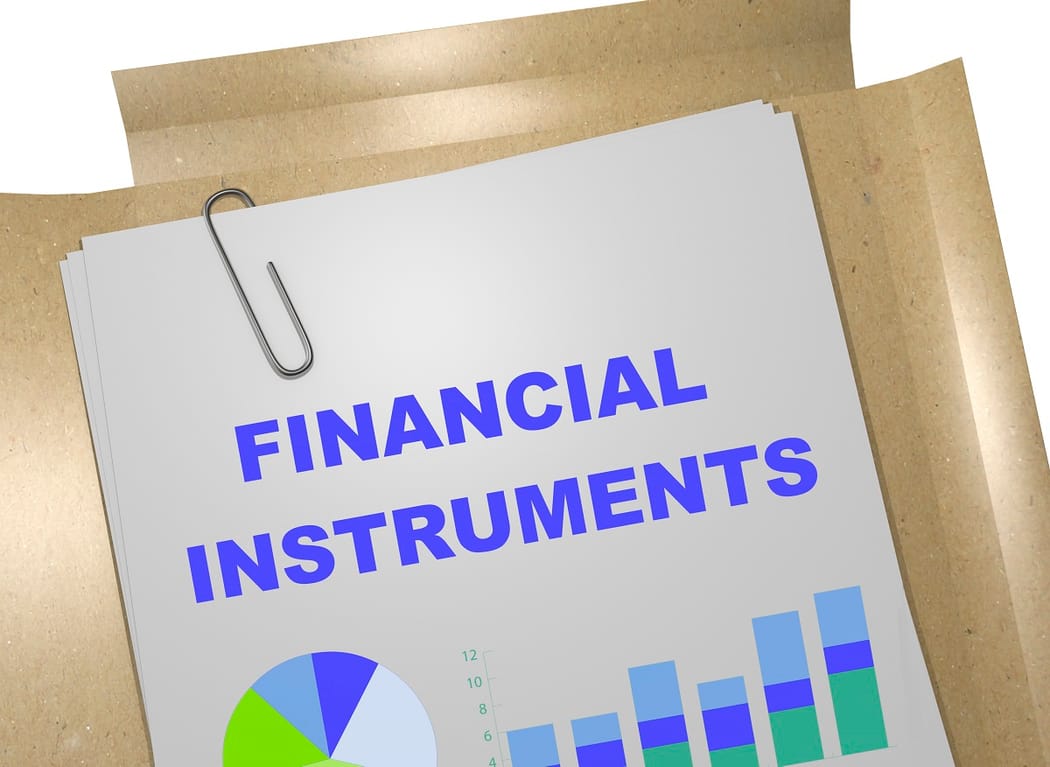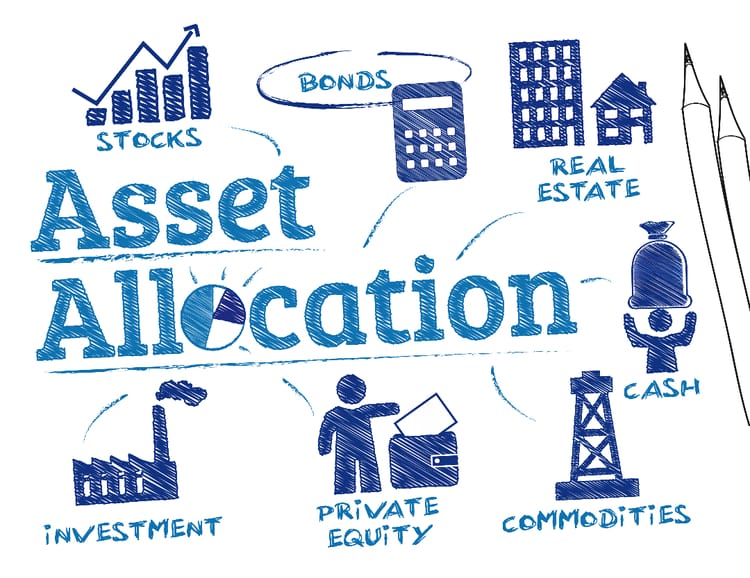We discussed debt instruments in our last article – this is for those who want to invest to receive a fixed income every month without undertaking any risk of the issuer. In this article, we will discuss investments in equity instruments that have their own characteristics in terms of income and responsibilities.
We will explore three aspects of equity instruments:
- Common assets under equity instruments
- Benefits of investing in an equity instrument
- The risk of investing in an equity instrument.
What is an equity instrument?
An equity instrument is an investment for people who want to own an asset or a part of an asset while also receiving an income on it. Investors receive shares or certificates to prove ownership. A company gathers capital through equity financing by issuing these shares to investors (or shareholders) to gather capital to fund their business. On the business side, it is known as equity financing[1]. Investors in equity instruments may or may not get a monthly dividend, depending on the company's profitability.
Types of equity instruments
There are several equity instruments examples, the most common being a stock, or a security[2] that represents a company's ownership interest. Another variation is shareholder equity, where the money on the balance sheet is invested by owners/shareholders and the company itself for the future of the business. There is the margin account[3], where you will see the value of your securities excluding the amount borrowed by the account holder from the brokerage to trade. There is also property equity[4], where a home owner can profit off of his real estate through renting or selling it. Lastly, there is the ownership equity. When a company declares bankruptcy and must liquidate, its equity is the amount of money left after it has paid its creditors.
Is an equity instrument a financial asset?
According to the International Financial Reporting Standards[5], an equity instrument is a financial asset. Their value is measured on the profit and loss of the company, and anyone who invests in them not only becomes a part-owner of the company, but also a risk bearer. Owners can hold these instruments indefinitely or sell them to other investors.
Debt instrument vs equity instrument
For the issuer – they are both a form of financing their business. For the investor, investing in equity instruments would make him a co-owner and a shareholder, whereas investing in debt instruments would make him a bondholder, lender, or just an investor who receives fixed monthly income. Investing in equity instruments gives the investor the decision-making power within the company. In debt instruments, investors get no such authority. Investors must also carry the company's risks since they have an incentive to receive higher dividends. In debt instruments, investors have no such incentive other than receiving their monthly fixed interests without shouldering any risk of the issuer.
Common assets under equity instruments
The most common types of equity-based financial instruments are:
- Stocks
- Convertible debentures
- Warrants and options
Stocks
There is no doubt that stocks are the most popular equity vehicle for both issuers and investors alike. It's a technique for businesses to raise money from the general population. There are two kinds of stocks – "common/ordinary" stocks and "preferred" stocks.
Investing in the stock market has numerous advantages. Ordinary stockholders have voting rights and are regarded as co-owners of the corporation. They have the authority to apply for new shares when the company's capital increases and to make decisions on capital raising, dividends, and business mergers. When asking for a loan, investors can list their common stocks as assets as well.
However, ordinary/common stocks[6] do not guarantee dividends, and they are not the company's top priority when it comes to making money. In the event of a company loss, common stockholders bear the brunt of the financial burden. A greater dividend is unavoidable when the company is profitable. They are, however, compensated at the end, following the payment of creditors and other prioritising investors.
Preferred stockholders[7] are entitled to a higher priority in dividend payments than other stockholders. After bondholders, they will be the second group to get money. Even if the company is liquidated, they will continue to receive payments, and their dividends will rise if the company is profitable. As a result, they do not have the same voting rights as ordinary investors. As a result, they don't have to take on as many risks as normal investors.
Convertible debentures
Financial securities like convertible debentures[8] are a combination of both equity and debt instruments. However, it can be converted into stock at the end of a predetermined length of time like an ordinary bond. Because the interest rates are higher than bonds, it is a popular form of stock instrument investment.
Unsecured bonds, such as convertible debentures, may or may not have collateral as a back up. That risk is mitigated by the conversion to common stock, which allows the investor to become a co-owner.
Warrants and options
A warrant[9] is a type of equity instrument that gives you the right to trade shares at a specific price and date in the future. If you don't trade a warrant by its expiration date, you forfeit the right to do so. It is issued by the corporation itself. Similar to stocks, options are a kind of ownership in a company that is traded on a stock exchange. However, investors have the option of refusing to participate in the stock market at a predetermined price and time.
Benefits of investing in an equity instrument
As a general rule, investing in equities is better because equity investment instruments make more money from capital gains than other types of investments. The benefits depend on the type of equity. For instance, if you want to invest in companies, you have the option to diversify your portfolio by investing in a lot of different companies. You only need to choose the equity market that fits your needs.
If you own shares, then you know that they are very easy to transfer to another person. As a result, new or existing shareholders can buy more shares at any time they are in the market. So, when the share price goes up, you can trade at any time. As a shareholder, you also have the right to get dividends and interest every year.
Stocks have a long history of giving investors more money each year than bonds or cash. In addition, if you own preferred stocks, you get to be the first person to get a loan.
Because of lower interest rates, convertible debentures have a guaranteed income stream for investors and less money spent on interest because they can be turned into stocks or bonds.
Warrants can give you more exposure to an underlying asset for less money than if you bought the asset outright.
Options require less money up front than buying the stock and give an investor time to see how things work out.
The risk with investing in an equity instrument
In general, equity instruments carry the risk of volatility in the market and are prone to fluctuations in price. Since the investor is so close to the issuer, any disruption faced or caused (mismanagement of the company) by the issuer will also affect the investor. Illiquidity is also a factor in equities, like those which are not traded in the Stock Exchange. Those that are – Options – still has selling limitation on volumes by the exchanges.
For stocks, a common risk of investing is the decline in the price of the share. It could be for various reasons – the general risk of investing, or it could be the specific market of the instrument itself (technology-based equity instrument, for example). It could also be the bankruptcy of the issuer itself, which would lead you to lose all of your investments.
For instruments like convertible debentures, a hybrid of debt and equity carries the risks of both instruments, for example:
- In its interest rates where the rate falls if the price increases
- Spreading risks where the interest is higher; however, the issuer company is a risky business
- A decline in the share price after conversion
Not only investors have risk in equity instruments – issuers carry them too, in terms of relying on equity to fund their operations. Since they have to pay dividends, equities can get expensive for businesses. Hence, issuers need to have backup capital to compensate for any gaps and losses.
Summary
An equity instrument is important if one wants to represent the value of their stake in a business or an asset. You may or may not receive an income from it, but you have evidence to show your ownership of the asset. There are different types of equity, starting from stocks, shareholder equity, margin accounts, and property based equity. Common equity based investment products include stocks, convertible debentures, warrants, and options. There are both benefits and risks to investing in an equity instrument. Equities generate more gains than any other kind of investment, and they are easy to transfer to another person. Not to mention, some pay extra income like dividends. The risks, however, are that equities are volatile and that they are mostly illiquid.
Equity instruments are crucial for many businesses and investors. Unlike fixed income-based debt instruments, equities aim for growth and innovation. It may not have the flexibility like debt instruments, but the rewards are a lot higher than debt instruments.
Frequently Asked Questions
What is an equity instrument in simple terms?
An equity instrument is a financial asset that represents ownership in a company or an asset. By purchasing it, an investor becomes a shareholder and may earn income through dividends or capital gains, depending on the company’s performance.
What are the main types of equity instruments?
The most common equity instruments are stocks (ordinary and preferred), convertible debentures, and warrants and options. Each has different levels of risk, income potential, and ownership rights. For example, ordinary stocks provide voting rights, while preferred stocks give higher dividend priority.
What are the benefits and risks of investing in equity instruments?
The benefits include potential for high returns, dividend income, portfolio diversification, and ownership rights in a company. The risks involve market volatility, possible decline in share prices, illiquidity of certain instruments, and the chance of losing your investment if the company underperforms or goes bankrupt.
List of References
- Source: investopedia.com
- Source: investopedia.com
- Source: investor.gov
- Source: nab.com.au
- Source: ifrs.org
- Source: cleartax.in
- Source: upcounsel.com
- Source: investopedia.com
- Source: investopedia.com






